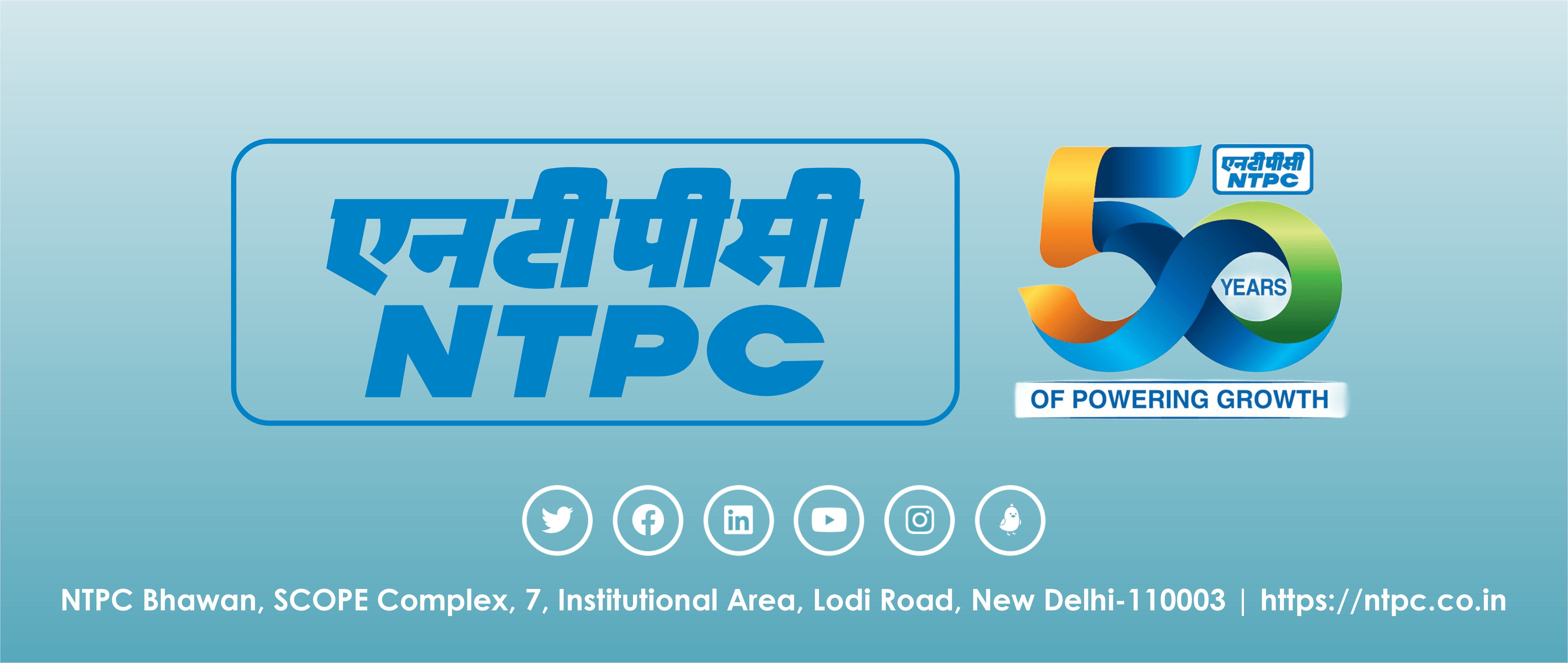TO RECIEVE EXCLUSIVE POSTS AND NEWS
Must Read
PM may address Resident Commissioners: Mechanism being worked out
By IndianMandarins- 06 Apr 2018
547![]() Indianmandarins has reliably learnt that a new centre-state mechanism is being worked out in a spirit of what the PM has termed as cooperative federalism. If accepted by states and applied in its true spirit, it may ensure a seamless and real-time coordination between the Centre and State Govts to make Centrally-sponsored pro-poor programs great success stories.
It may be recalled that Narendra Modi had in February this year discussed the idea with Chief Ministers to keep them in the loop and on board for implementing the idea.
What is mooted under the idea is constant interaction between the PMO and states' resident commissioners.
To give a practical shape to the idea, a brainstorming session was held in the first week of March at the state guest house of a North Eastern State in New Delhi wherein all Resident Commissioners and Principal Resident Commissioners were invited.
While the Centre strongly believes that there is no alternative to ministries and departments in state actively working to implement centrally-sponsored pro-poor programs, the moot point remains how to put a mechanism for this purpose in place without disturbing the feathers of the state governments.
With the increasing foot-print of BJP-ruled states across the country, it might be easier for the Centre to execute the idea in its own states but reportedly some non-BJP ruled states are said to be apprehensive towards the move. Reportedly, many state governments feel that the office of Resident Commissioners are the extension offices of respective Chief Ministers and their functions and liaison are subject to the directions and guidelines of state government.
The idea of involving RCs in the implementation of pro-poor programs is seen as an addition by the NaMo administration to its several path-breaking initiatives like involving IAS Probationers to have their first posting at Centre to become well-versed with the Centre-State relations and equip them with better understanding to implement centrally-sponsored programs.
Further, the PM had also devised a method to guide the state governments to transform 115 backward districts and appointed 'Prabhari Adhikaris' for each district to figure out the reasons and bottlenecks for their backwardness and possible solutions. Although these moves were appreciated through the country, some non-BJP ruled states have kept questioning the need for such initiatives.
Indianmandarins has reliably learnt that a new centre-state mechanism is being worked out in a spirit of what the PM has termed as cooperative federalism. If accepted by states and applied in its true spirit, it may ensure a seamless and real-time coordination between the Centre and State Govts to make Centrally-sponsored pro-poor programs great success stories.
It may be recalled that Narendra Modi had in February this year discussed the idea with Chief Ministers to keep them in the loop and on board for implementing the idea.
What is mooted under the idea is constant interaction between the PMO and states' resident commissioners.
To give a practical shape to the idea, a brainstorming session was held in the first week of March at the state guest house of a North Eastern State in New Delhi wherein all Resident Commissioners and Principal Resident Commissioners were invited.
While the Centre strongly believes that there is no alternative to ministries and departments in state actively working to implement centrally-sponsored pro-poor programs, the moot point remains how to put a mechanism for this purpose in place without disturbing the feathers of the state governments.
With the increasing foot-print of BJP-ruled states across the country, it might be easier for the Centre to execute the idea in its own states but reportedly some non-BJP ruled states are said to be apprehensive towards the move. Reportedly, many state governments feel that the office of Resident Commissioners are the extension offices of respective Chief Ministers and their functions and liaison are subject to the directions and guidelines of state government.
The idea of involving RCs in the implementation of pro-poor programs is seen as an addition by the NaMo administration to its several path-breaking initiatives like involving IAS Probationers to have their first posting at Centre to become well-versed with the Centre-State relations and equip them with better understanding to implement centrally-sponsored programs.
Further, the PM had also devised a method to guide the state governments to transform 115 backward districts and appointed 'Prabhari Adhikaris' for each district to figure out the reasons and bottlenecks for their backwardness and possible solutions. Although these moves were appreciated through the country, some non-BJP ruled states have kept questioning the need for such initiatives.























